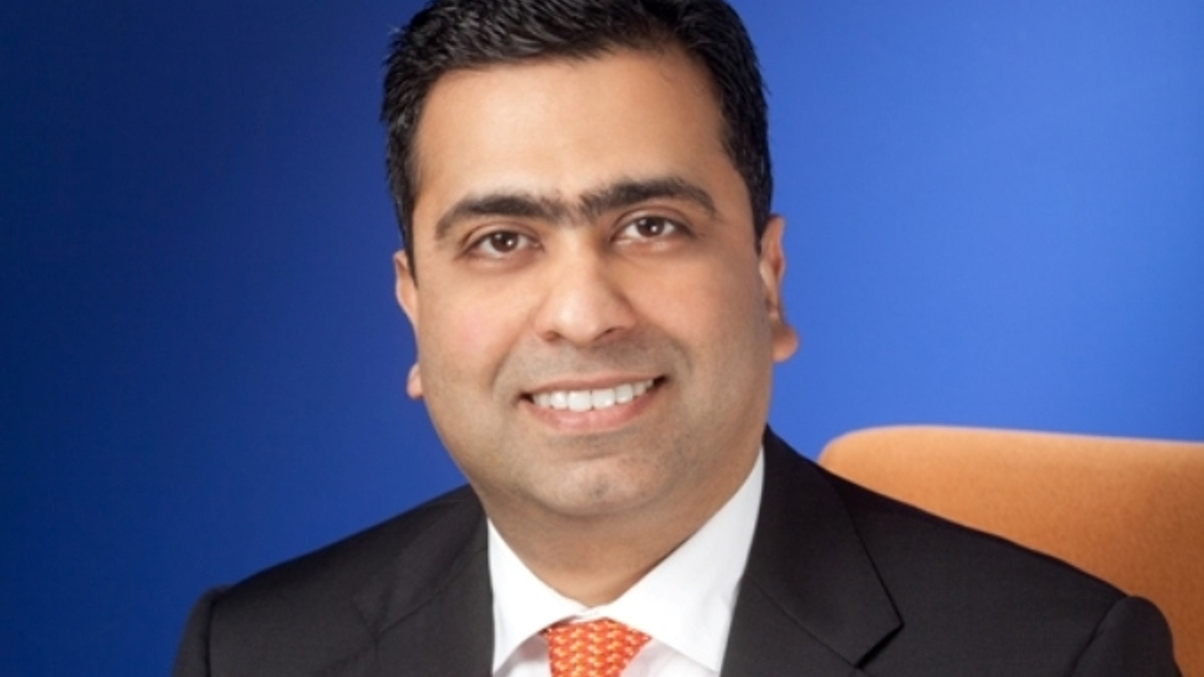Nomura AM Taiwan eyes multi-asset push, tips pension deregulation
The firm's chairman told AsianInvestor about his plans to launch more multi-asset funds and exploit potential opportunities from pension deregulation and passporting schemes.

Nomura Asset Management Taiwan is on a drive to build out its business, according to the firm’s chairman, Ashwin Mehta. The firm is planning more multi-asset funds, looking to expand its master agent platform and eyeing potential opportunities from pensions deregulation and the expected growth of mutual recognition schemes in the region.
Sign in to read on!
Registered users get 2 free articles in 30 days.
Subscribers have full unlimited access to AsianInvestor
Not signed up? New users get 2 free articles per month, plus a 7-day unlimited free trial.
¬ Haymarket Media Limited. All rights reserved.


